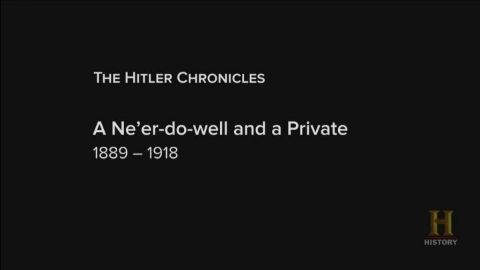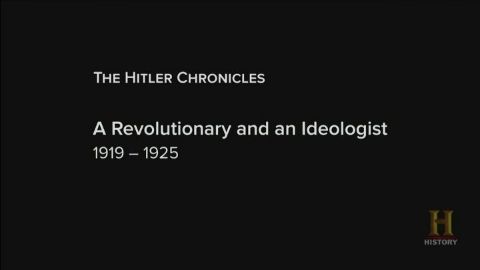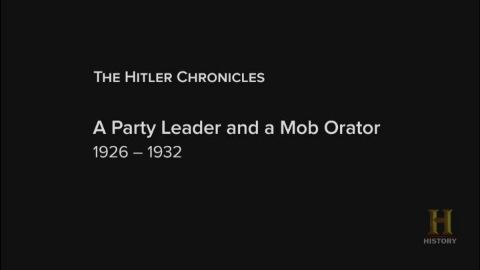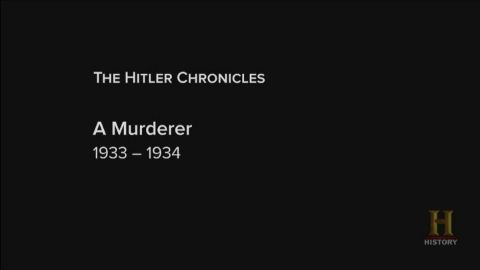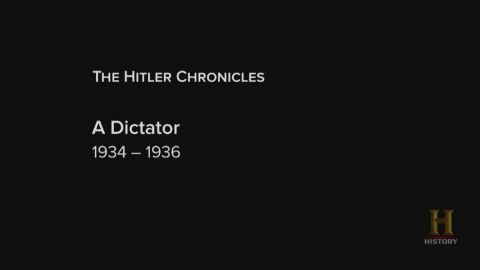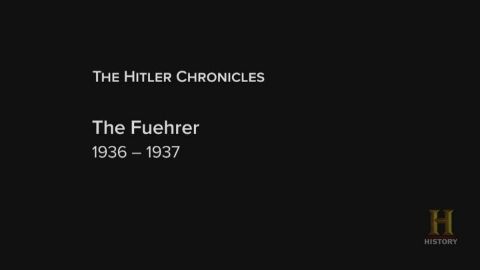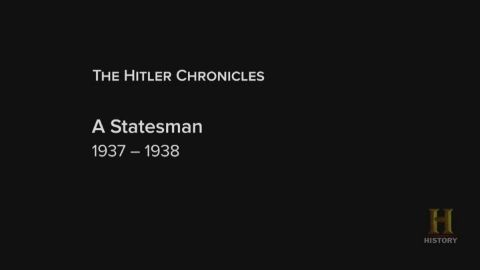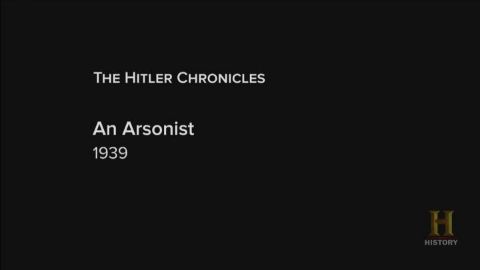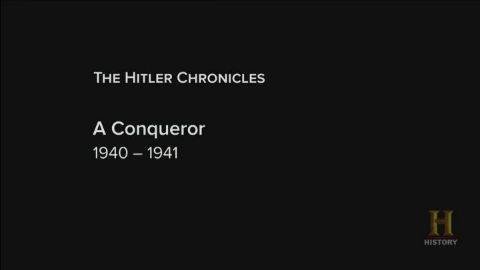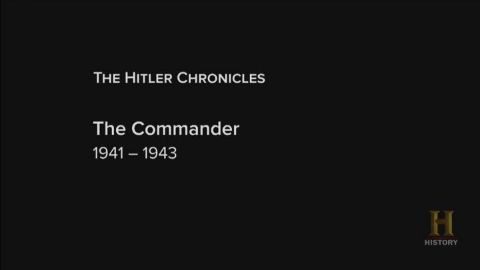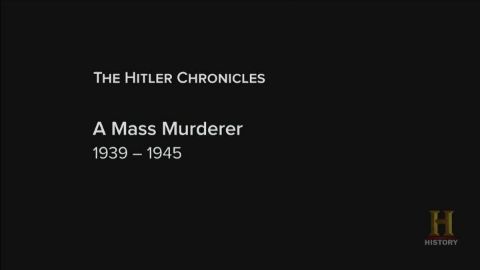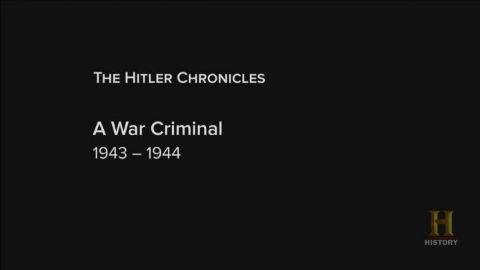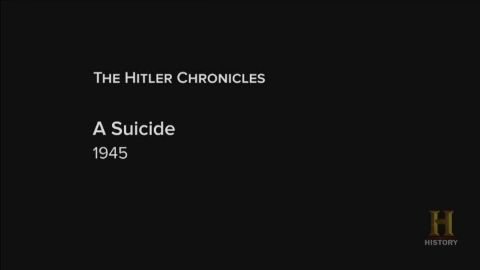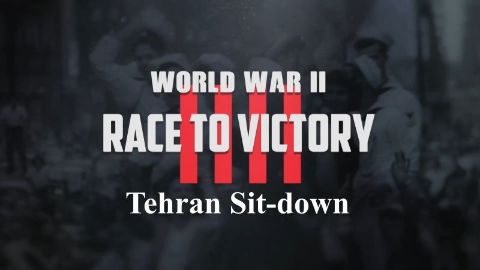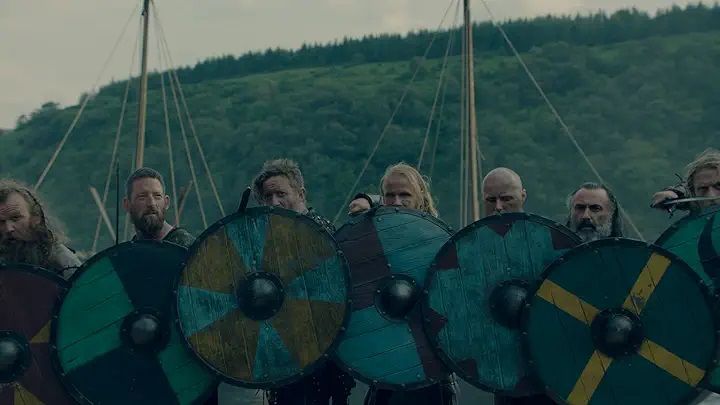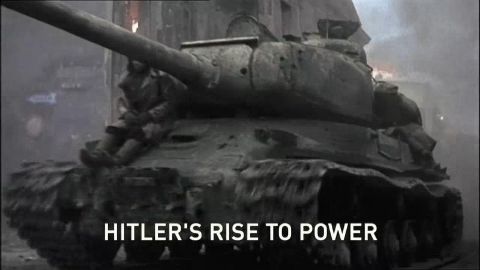A Dictator • 2018 • episode "5/13" • The Hitler Chronicles
Hitler's power has become unrestricted and unlimited. He is Chancellor and President. He makes the law. Cabinet and parliament just have alibi functions. Hitler is admired by the people. Germany feels strong again, and people accept the merciless dictatorship and the persecution of others as necessary evil. The 'Nuremberg Race Laws' pass unanimously by the Reichstag parliament. A referendum in then-French Saarland shows 91 percent of the population voting to return to the German Reich. Now the world looks anxiously whether Hitler will make further territorial claims. His gaze turns to Austria, his homeland.
Make a donation
Buy a brother a hot coffee? Or a cold beer?
Hope you're finding these documentaries fascinating and eye-opening. It's just me, working hard behind the scenes to bring you this enriching content.
Running and maintaining a website like this takes time and resources. That's why I'm reaching out to you. If you appreciate what I do and would like to support my efforts, would you consider "buying me a coffee"?
Donation addresses
BTC: bc1q8ldskxh4x9qnddhcrgcun8rtvddeldm2a07r2v
ETH: 0x5CCAAA1afc5c5D814129d99277dDb5A979672116
With your donation through , you can show your appreciation and help me keep this project going. Every contribution, no matter how small, makes a significant impact. It goes directly towards covering server costs.
